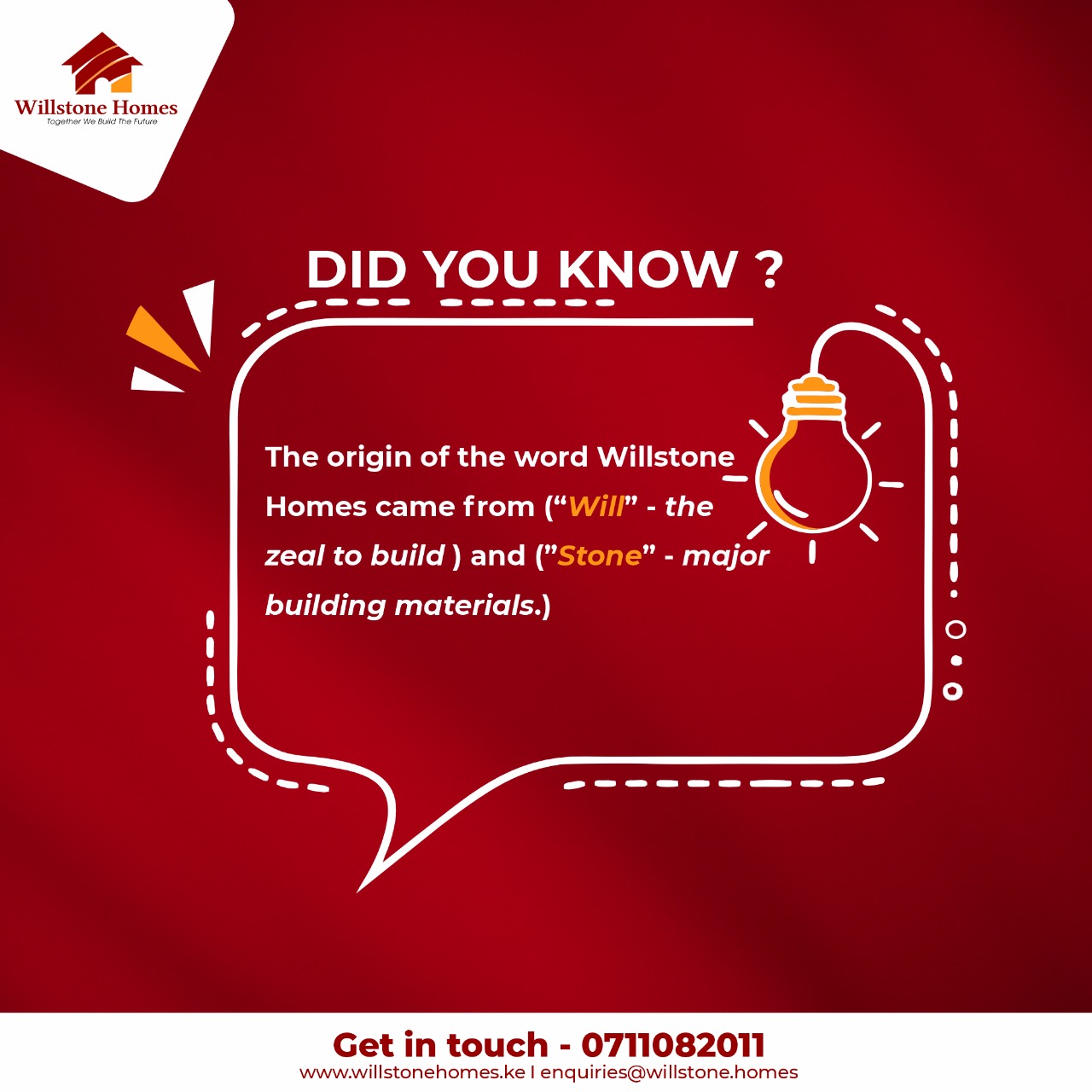Buying homes off-plan—paying for a property before it is completed—has become a defining feature of Kenya’s real estate market. Developers often use this model to secure financing for large projects, while buyers see it as a chance to lock in lower prices. But with delays, abandoned projects, and developer fraud making headlines, many are asking: Can technology make this process safer?
This is where Blockchain in Real Estate Kenya enters the conversation, alongside innovations like tokenization and digital escrow wallets, promising to bring transparency and trust to off-plan housing.
Blockchain in Real Estate: Transparency and Trust

Blockchain technology, best known for powering cryptocurrencies, is increasingly applied in real estate. At its core, blockchain is a secure, decentralized ledger that records transactions in a way that cannot be altered.
- Every payment or agreement between buyer and developer is permanently recorded.
- Smart contracts—self-executing agreements coded on the blockchain—can enforce terms automatically. For example, funds are only released to the developer once construction milestones are met.
In Kenya, where disputes over property titles and incomplete projects are common, blockchain offers a way to reduce fraud and disputes by ensuring every transaction is visible and verifiable.
Tokenization of Property: Lowering the Barrier
Tokenization involves dividing a property into digital tokens that represent fractional ownership. A housing unit could be split into 1,000 tokens, each representing a portion of ownership value.
- Buyers can invest in part of a unit, reducing financial risk.
- Developers raise funds faster, since more people can afford smaller entry amounts.
- Tokens are tradable, meaning a buyer can exit an investment before the project is completed.
For Kenya’s younger buyers and diaspora investors, tokenization could open doors to affordable and flexible property investment in off-plan developments.
Read Also: Why People Buy the Dream: The Psychology Behind Off-Plan Homes in Kenya
Digital Escrow Wallets: Securing Advance Payments
The biggest fear with off-plan purchases is losing money if the project stalls. Here’s where digital escrow wallets come in:
- Buyer payments are held in an escrow account (digital wallet).
- Funds are only released to the developer after agreed milestones (foundation, roofing, completion) are verified.
- Both parties get real-time visibility of the funds.
Banks and fintechs in Kenya are already experimenting with escrow services. Combining them with blockchain-based verification makes them tamper-proof and transparent.
Traditional Off-Plan Model vs. Blockchain-Enhanced Model
| Feature | Traditional Off-Plan Buying | Blockchain-Enhanced Off-Plan Buying |
|---|---|---|
| Payment Handling | Direct to developer | Held in digital escrow wallet |
| Transparency | Limited, depends on developer updates | Full visibility via blockchain ledger |
| Risk of Fraud | High (fake titles, double selling) | Reduced—records are immutable |
| Enforcement of Contract Terms | Through courts, often lengthy | Automated via smart contracts |
| Investment Options | Full unit purchase only | Fractional via tokenization |
Global Lessons for Kenya

Dubai has piloted blockchain-based real estate registries, while South Africa is testing tokenized housing projects. Kenya can learn from these cases and apply them locally. With Nairobi emerging as a tech hub, the potential adoption of blockchain in property transactions is high.
Moreover, the government’s Digital Land Management System (Ardhisasa) shows readiness to digitize property records—a natural step towards blockchain integration.
Read Also: Kenya Real Estate Trends 2025 & How They Affect Investors
Challenges to Consider
- Regulatory gaps: Kenya’s property laws do not yet fully recognize tokenized ownership.
- Tech adoption: Many buyers and developers still lack understanding of blockchain.
- Costs: Initial implementation of smart contracts and digital wallets may be high.
The Future of Safe Off-Plan Buying in Kenya
While blockchain, tokenization, and digital escrow wallets are not yet mainstream in Kenya, they represent a powerful solution to the trust deficit in off-plan housing. If regulators, developers, and fintech players embrace these innovations, buyers will no longer have to rely solely on hope and goodwill. Instead, Blockchain in Real Estate Kenya could become the anchor of a safer, more transparent off-plan market where dreams of homeownership are backed by technology, not just promises





